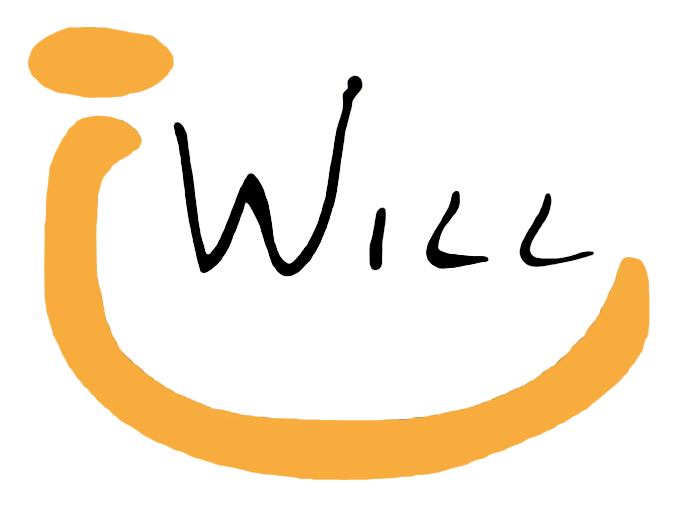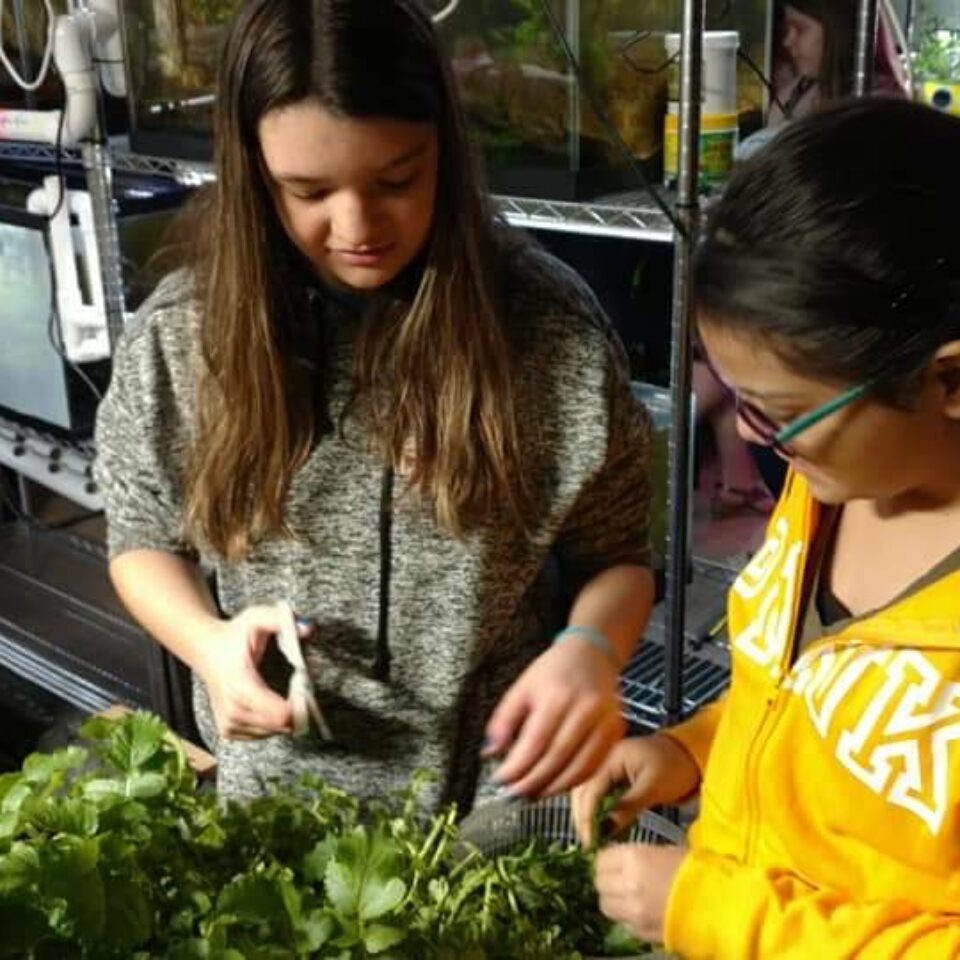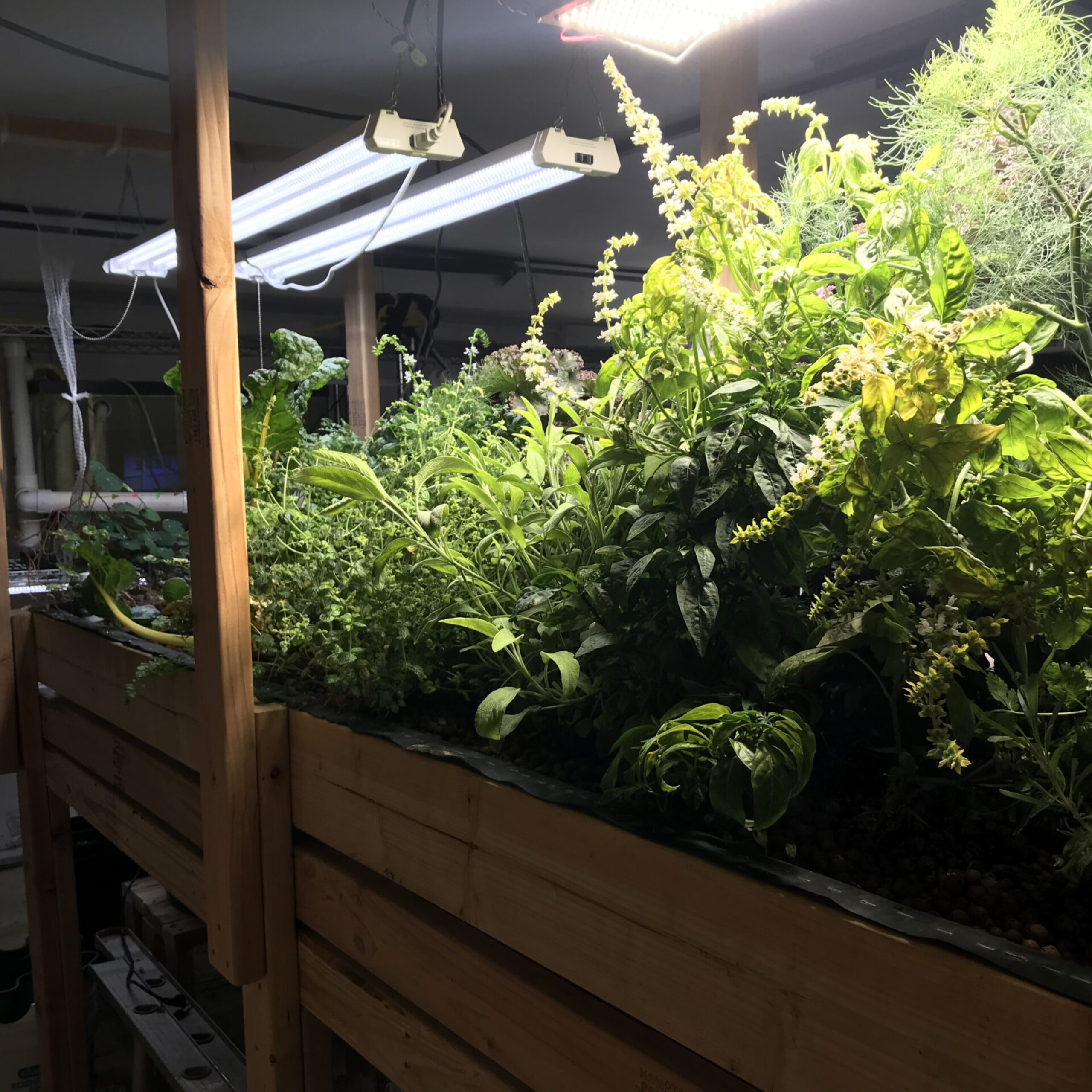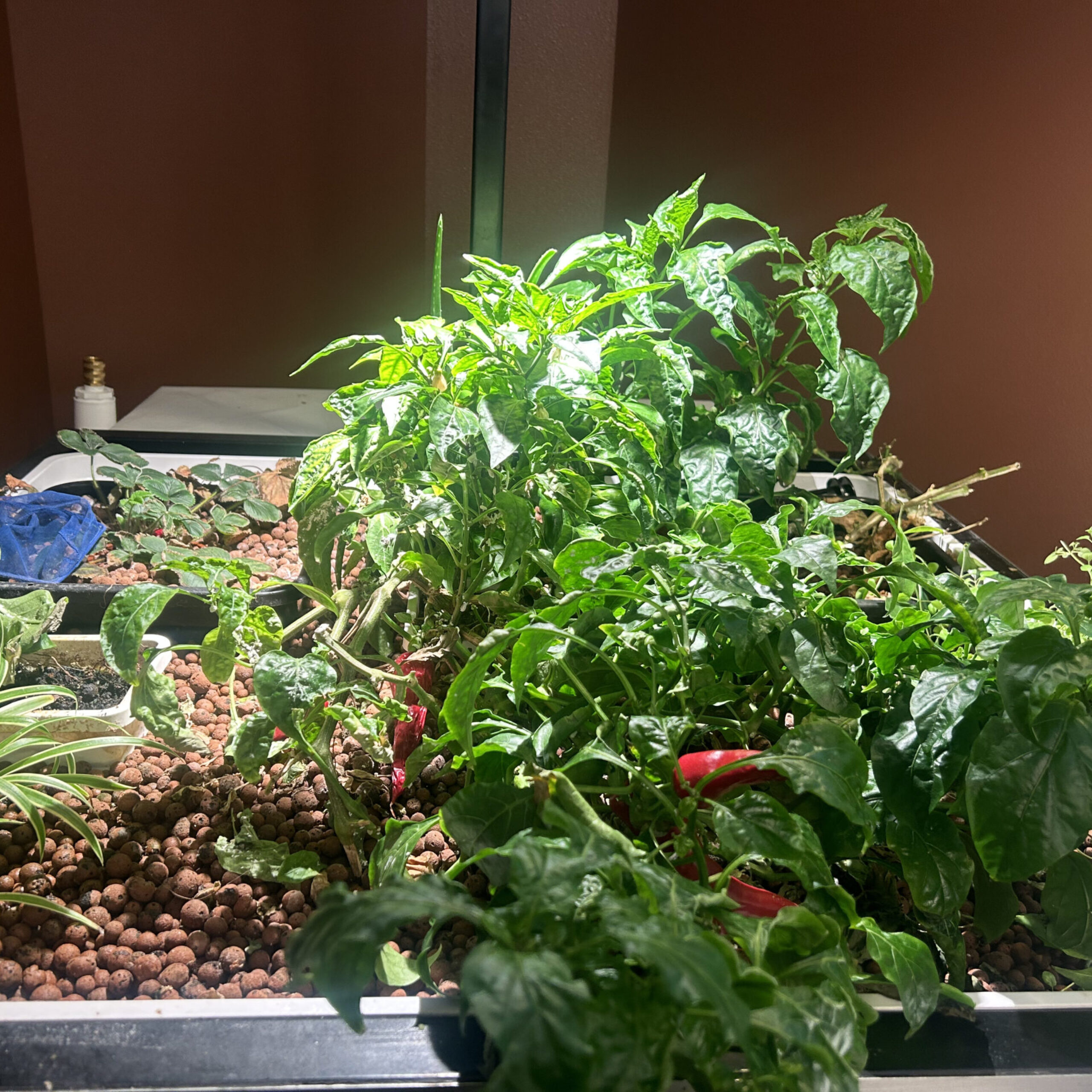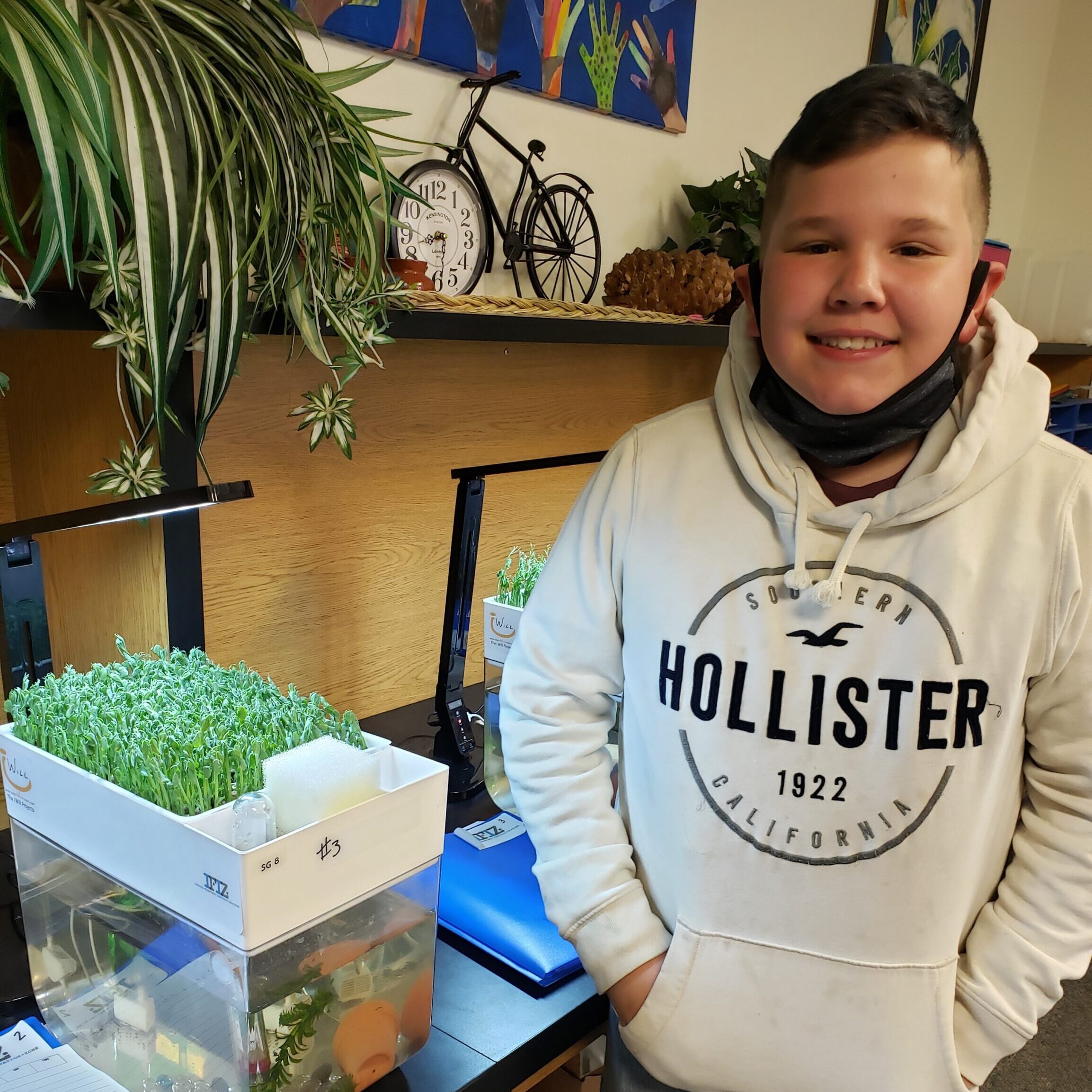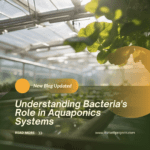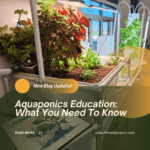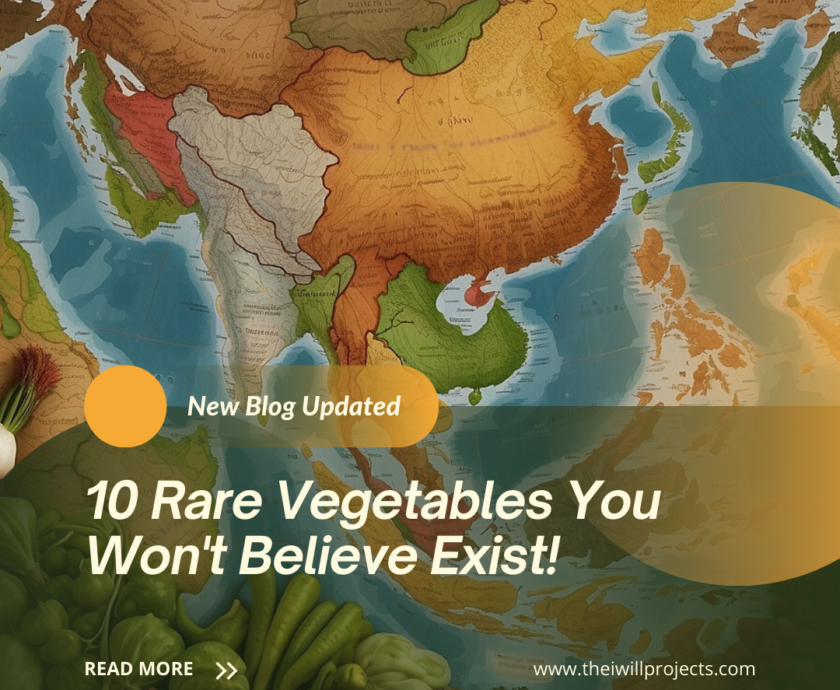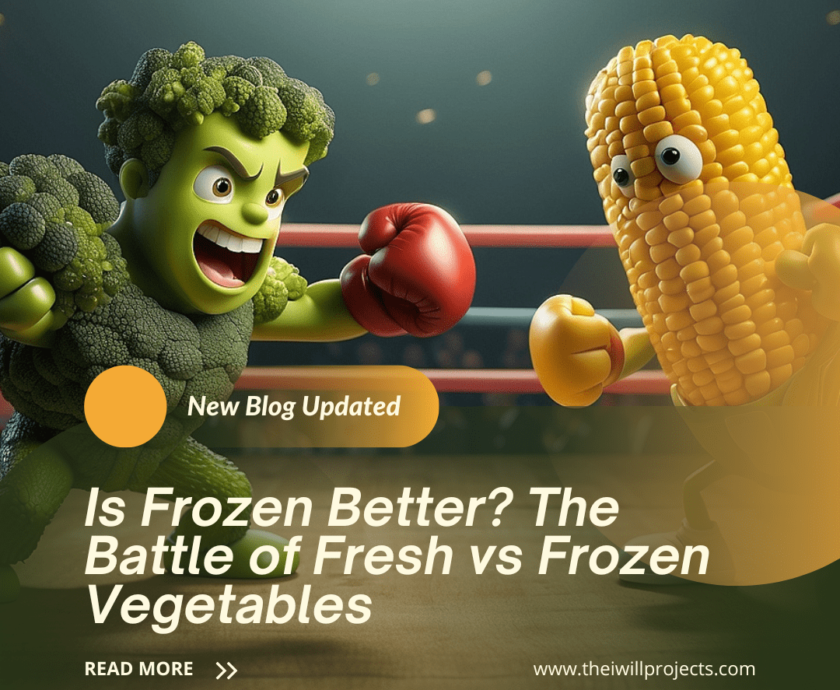“The doctor of the future will no longer treat the human frame with drugs, but rather will cure and prevent disease with nutrition.” – Thomas Edison
TweetTable of contents
- Introduction to the Fresh vs Frozen Vegetables Debate
- Nutritional Content Comparison
- Convenience and Availability: A Lifestyle Perspective
- The Impact of Food Processing on Health
- Cost Analysis: Budget Considerations for Consumers
- Environmental Considerations: Sustainability of Fresh vs Frozen Produce
- Conclusion
- FAQs
Introduction to the Fresh vs Frozen Vegetables Debate
The rivalry between fresh vs frozen vegetables is steeped in misconceptions and evolving science. Traditionally, fresh produce has been the symbol of quality. In contrast, frozen vegetables have been seen as inferior. However, advances in freezing technology and research into nutrient retention are challenging these assumptions. In the fresh vs. frozen food debate, both sides have strong arguments. Proponents debate convenience, cost, taste, and nutrition. When making informed dietary choices, it’s important to examine the evidence to navigate this conundrum.
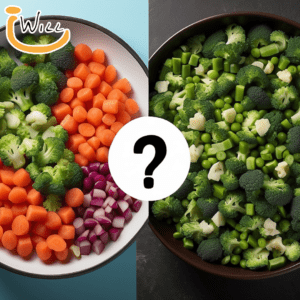
Nutritional Content Comparison
When weighing fresh vs frozen vegetables, one must consider their nutrient profiles. Fresh vegetables boast optimal nutrient levels immediately after harvest. However, nutrient loss occurs over time and with exposure to heat, light, and air during transportation and storage. Conversely, frozen vegetables are often blanched and frozen quickly after harvest, “locking in” many vitamins and minerals.
- Fresh vegetables can lose nutrients during the extended time between harvest and consumption.
- Frozen vegetables are blanched and frozen shortly after harvest, which can preserve their nutritional content.
- The blanching process may lead to some nutrient loss, particularly water-soluble vitamins like vitamin C and some B vitamins.
- Freezing preserves fiber content and antioxidants, making frozen sometimes comparable or even superior in these aspects.
- Both fresh and frozen have their advantages, and nutrient levels can vary greatly depending on the vegetable in question.
Frozen vegetables can be just as nutritious, if not more nutritious, than fresh vegetables. Frozen vegetables are typically frozen at their peak freshness. They retain more nutrients compared to fresh vegetables during storage and transportation.
Convenience and Availability: A Lifestyle Perspective
The modern consumer values convenience, and frozen vegetables excel in this regard. They are readily available year-round, unaffected by seasonal constraints that can limit the selection of fresh produce. Frozen vegetables provide a nutritious and convenient option for busy lifestyles. They can be purchased and stored for longer periods, and they come pre-washed and often pre-cut, reducing preparation time. They’re ideal for busy people seeking a healthy diet without spending much time cooking.
The Impact of Food Processing on Health
Food processing can alter the nutritional profile of vegetables. Freezing vegetables involves blanching them briefly to preserve nutrients. This can decrease water-soluble vitamins like C and B. Yet, freezing can retain nutrients, preventing degradation during storage or transport. Overall, frozen veggies offer a convenient, nutritious option when fresh ones are scarce or out of season.
Cost Analysis: Budget Considerations for Consumers
When comparing fresh and frozen vegetables, consumers must evaluate their budget alongside nutritional value. Typically, frozen vegetables offer a cost-effective alternative due to:
- Longer Shelf Life: Reduces waste by retaining edibility far beyond their fresh counterparts.
- Bulk Purchasing: Often available in larger quantities at lower prices.
- Reduced Seasonality Impact: Prices of frozen vegetables are less vulnerable to seasonal fluctuations.
- Minimal Preparation: Pre-washed and cut options save time and potentially reduce additional costs related to food preparation.
Frozen vegetables are cheaper and have a longer shelf life than fresh vegetables. This helps reduce waste and save money.
Environmental Considerations: Sustainability of Fresh vs Frozen Produce
When analyzing the environmental impact of fresh versus frozen produce, several factors must be contemplated:
- Resource Use: Fresh produce often requires more water and energy for cultivation and transportation, particularly if shipped over long distances.
- Storage Efficiency: Frozen produce has a longer shelf life than fresh produce, reducing food waste. Fresh produce spoils faster and has higher spoilage rates.
- Seasonality: Off-season fresh produce needs more resources for cultivation or distant transport. Frozen items, on the other hand, can be produced in-season and stored.
- Packaging: Frozen vegetables typically require plastic packaging for preservation; however, this packaging can be designed to minimize environmental impact.
- Carbon Footprint: Transporting fresh produce generates a larger carbon footprint, particularly when air-freighted. Conversely, frozen goods transported by sea or land create a smaller carbon footprint.
The sustainability debate between fresh vs frozen vegetables is complex because both options have advantages and disadvantages.
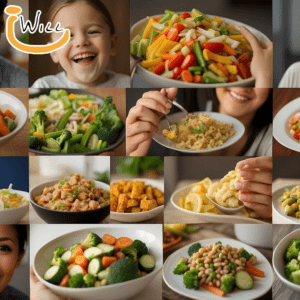
Conclusion
In the quest for a healthier lifestyle, the choice between fresh vs frozen vegetables can be a pivotal one. It’s not just about what’s on your plate but also about considering your lifestyle, cooking preferences, and health goals.
When weighing your options, it’s essential to take stock of several factors. Firstly, assess availability. Frozen vegetables are a year-round alternative to fresh produce. They provide consistent nutrition and are always available.
Convenience is another crucial consideration. For busy people, frozen vegetables offer a convenient and time-saving solution. They come pre-cut and ready to cook without compromising nutrition.
Nutritional content is a point of contention for many. Frozen vegetables can be just as nutritious as fresh ones. Freezing preserves nutrients and helps lock in flavor and texture. Frozen vegetables are a convenient and affordable option for healthy meals.
Additionally, the issue of waste cannot be overlooked. Fresh vegetables often spoil quickly, leading to unnecessary waste. In contrast, frozen options boast a longer shelf life, reducing the likelihood of food going to waste.
Last but not least, cost plays a significant role in decision-making. Buying frozen vegetables can save money, particularly when fresh produce is not in season. This allows you to extend your grocery budget effectively.
Ultimately, making the right choice for your diet involves finding the delicate balance between these factors. When considering your diet, consider availability, convenience, nutrition, waste, and cost. You can make choices that align with your health goals and lifestyle. Fresh greens and frozen medleys can both contribute to your well-being.
FAQs
Does frozen food lose its nutritional value when frozen?
Freezing can cause some nutrient loss, but the extent varies depending on the nutrient and the specific vegetable. Generally, frozen vegetables retain most of their nutrients if properly stored and cooked.
Can I just eat frozen vegetables?
Yes, you can eat frozen vegetables. They’re convenient and can be nutritious. However, include fresh, frozen, and other forms of vegetables in your diet for well-rounded nutrition.
Are canned vegetables as good as fresh?
Canned vegetables can still offer nutritional benefits, but they may have higher sodium content due to the preservation process. Fresh vegetables are tastier and have better texture but canned are good when fresh vegetables are unavailable.
How quickly do vegetables lose their nutrients?
Vegetables start losing nutrients as soon as they are harvested. The rate of nutrient loss depends on factors such as storage conditions, handling, and cooking methods. Generally, fresher vegetables retain more nutrients.
Is it cheaper to buy frozen or fresh vegetables?
This can vary depending on factors like seasonality, location, and specific vegetables. Frozen veggies can be cheaper per serving due to longer shelf life and reduced waste. However, it’s worth comparing prices at your local market.
What are the disadvantages of buying frozen vegetables?
Frozen vegetables are convenient and nutritious but may have a different texture than fresh ones. They also need careful storage to prevent freezer burn. Additionally, some people prefer the taste and texture of fresh vegetables.
Why do frozen vegetables taste different?
Freezing vegetables damages cell structure, altering texture and taste through the formation of ice crystals. However, proper freezing techniques can help preserve the flavor and nutritional quality.
Do boiling vegetables remove nutrients?
When vegetables are boiled, water-soluble nutrients (vitamins C and B-complex) can leak into the water, leading to nutrient loss. To minimize nutrient loss, consider steaming, microwaving, or sautéing vegetables instead of boiling them.
Do frozen vegetables have a lot of preservatives?
Frozen vegetables typically don’t contain added preservatives. Instead, they are quickly frozen after harvest to preserve freshness. When buying frozen vegetables, check the ingredient list to see if there’s added salt or seasonings.
Disclaimer: This blog post provides general health and nutritional information. The author is not a medical professional, and the content should not be used as a substitute for professional medical advice, diagnosis, or treatment. Any application of the material provided is at the reader’s discretion and is their sole responsibility. If you have a medical concern or emergency, please consult with a healthcare provider.
The I Will Projects, a 501c3 Non-Profit, promotes diverse solutions for global challenges. Our IFIZ education programs, emphasizing aquaponics, and insect farming, empower communities through knowledge, collaboration, and sustainable innovation. Learn more here.
References:
https://sites.psu.edu/siowfa16/2016/12/01/fresh-vs-frozen
https://www.flfreezer.com/news/4-reasons-to-choose-frozen-vegetables-over-fresh
https://www.cnn.com/2019/05/30/health/frozen-fruit-vegetables-drayer-food/index.html
